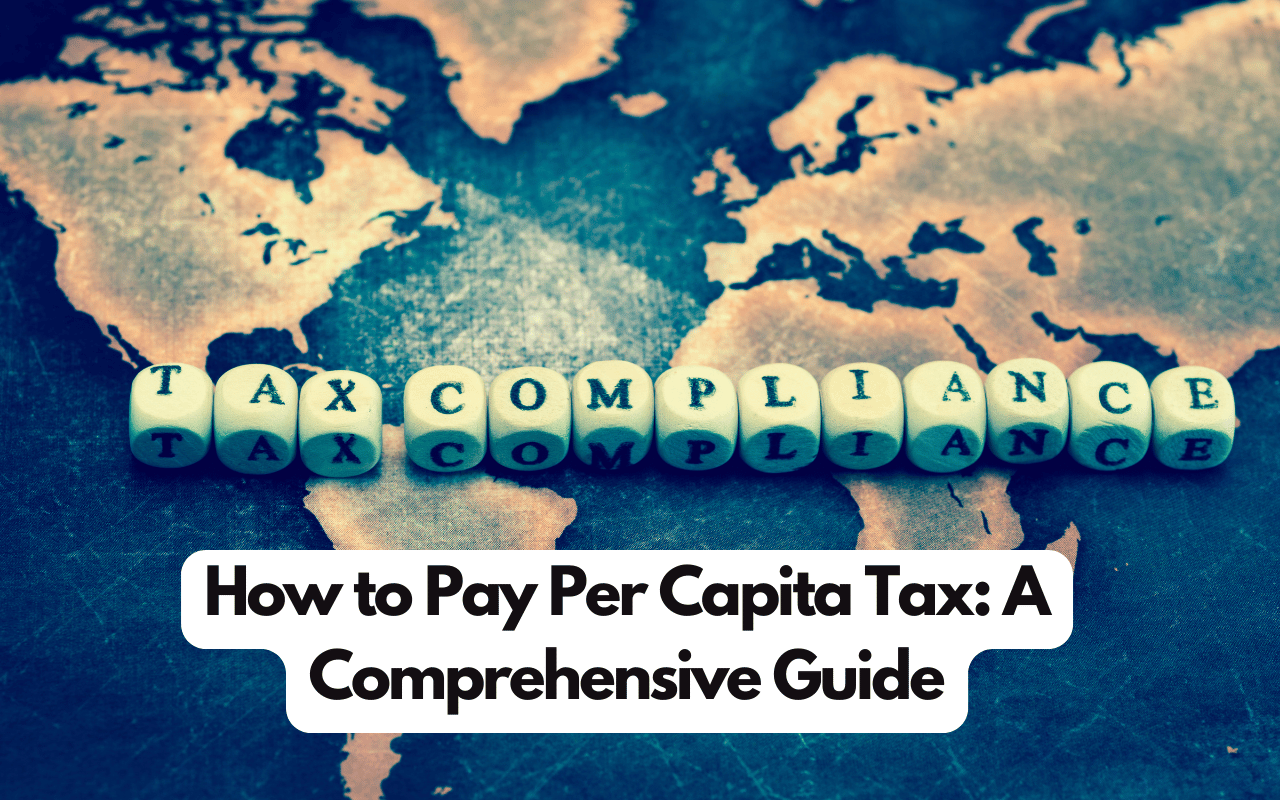How to Get Out of Paying Restitution in Arizona: 3 Key Strategies

Explore Arizona’s Restitution Laws and discover your options for financial relief. If you’re struggling with court-ordered restitution in Arizona, understanding your rights is crucial. Whether you’re facing financial challenges or need help with payments, this guide will help you navigate the process. We’ll cover how to explore hardship exemptions, negotiate payment plans, and seek legal assistance to find the relief you need.
- How to Get Out of Paying Restitution in Arizona: 3 Key Strategies
- Understanding Restitution Laws in Arizona
- Exploring Legal Options for Payment Relief
- Negotiating a Payment Plan with the Court
- Seeking Legal Assistance for Restitution Reduction
- Applying for Hardship Exemption for Restitution
- Frequently Asked Questions
Take proactive steps to manage your restitution payments. By exploring options like renegotiating payment terms or applying for hardship exemptions, you can ease your financial burden. Learn about the various ways to address restitution in Arizona and get the support necessary to handle your obligations effectively.
Understanding Restitution Laws in Arizona
Restitution is a repayment required from individuals convicted of a crime to compensate the victim for their financial losses. In Arizona, restitution laws are designed to ensure victims are fairly compensated for their losses due to criminal offenses. Understanding these laws is crucial for navigating the legal process effectively.
When determining restitution amounts in Arizona, the court considers various factors, including the victim’s out-of-pocket expenses, lost wages, and property damage. Note that restitution is distinct from other fines or fees imposed as part of the criminal sentence.
If you’re facing restitution in Arizona, seek legal assistance to understand your rights and explore options. This may include negotiating a payment plan or applying for a hardship exemption. Knowing the restitution laws helps in managing and alleviating the financial burden effectively.
Exploring Legal Options for Payment Relief
When facing a restitution order, it’s important to explore all available legal options for obtaining payment relief. This may include negotiating with the court, applying for hardship exemption, or seeking legal assistance. Each option has its own set of requirements and processes, so it’s crucial to understand the specifics of each before proceeding.
One of the first steps in exploring legal options for payment relief is to negotiate a payment plan with the court. This involves working with the court to come up with a payment schedule that is manageable based on your income and expenses. The court will take into consideration your financial situation and may be willing to adjust the payment amount or schedule to accommodate your needs.
Another option to consider is seeking legal assistance for restitution reduction. This involves hiring a lawyer to help navigate the restitution process and potentially reduce the amount owed. A lawyer can review the specific details of your case and help you identify any potential errors or grounds for reduction. They can also represent you in court and negotiate on your behalf to seek a lower restitution amount.
| Legal Options for Payment Relief | Description |
|---|---|
| Negotiating a Payment Plan with the Court | Work with the court to come up with a manageable payment schedule based on your financial situation. |
| Seeking Legal Assistance for Restitution Reduction | Hiring a lawyer to navigate the restitution process, review your case, and potentially reduce the amount owed. |
Negotiating a Payment Plan with the Court
When you have been ordered to pay restitution in Arizona, negotiating a payment plan with the court can be a viable option to manage your financial obligations. This process involves working with the court to come up with a structured plan for repaying the restitution amount over time, rather than in a lump sum.
One option for negotiating a payment plan is to demonstrate your financial situation to the court. This can include providing documentation of your income, expenses, and any other financial responsibilities you may have. By presenting a clear picture of your financial standing, you may be able to work with the court to create a payment plan that is manageable for you.
Additionally, it may be beneficial to seek the assistance of a legal professional when negotiating a payment plan with the court. A lawyer can help you navigate the legal process, advocate on your behalf, and ensure that your rights are protected throughout the negotiation process.
| Benefits of Negotiating a Payment Plan with the Court: |
|---|
|
Seeking Legal Assistance for Restitution Reduction
Facing restitution in Arizona can be overwhelming. Seeking legal assistance for restitution reduction may be crucial for a favorable outcome.
Consult a qualified attorney specializing in restitution reduction. They understand Arizona’s restitution laws and can negotiate a reduction effectively.
You might also consider reaching out to a legal aid organization or pro bono legal services. These organizations offer support and guidance, especially if hiring a private attorney is financially challenging. They can help you navigate the legal system and advocate for a reduction in restitution based on your situation.
Applying for Hardship Exemption for Restitution
When facing restitution payments in Arizona, financial hardship may make it hard to meet obligations. Applying for a hardship exemption can offer relief from this burden.
To apply for a hardship exemption, demonstrate your financial inability to pay. Provide evidence like income and expense documentation to support your claim. Also, present any extenuating circumstances contributing to your financial struggles, such as medical expenses or job loss.
Navigating the exemption process can be complex. Seeking legal assistance can help you understand the process, gather necessary documents, and present a strong case for exemption.
Frequently Asked Questions
What is restitution in Arizona?
Restitution in Arizona refers to the financial compensation paid by a convicted individual to the victim for the losses or damages incurred as a result of the crime.
Is it possible to avoid paying restitution in Arizona?
In Arizona, you generally cannot avoid paying court-ordered restitution if it is part of your criminal sentence.
Are there any options for reducing the amount of restitution owed in Arizona?
In some cases, a defendant may be able to negotiate a lower restitution amount with the victim or the court, especially if they can demonstrate financial hardship.
What happens if someone fails to pay restitution in Arizona?
Failure to pay court-ordered restitution in Arizona can result in legal consequences such as additional fines, penalties, or even potential incarceration.
Can restitution in Arizona be discharged through bankruptcy?
Restitution owed as a result of a criminal conviction generally cannot be discharged through bankruptcy and must be paid in full.
Are there any alternative options for fulfilling restitution in Arizona?
In some cases, a defendant may be able to fulfill their restitution obligation through community service or other court-approved means.
What should someone do if they are struggling to pay restitution in Arizona?
If someone is struggling to pay their court-ordered restitution in Arizona, they should consult with their attorney to explore their options and potentially seek a modification of the restitution amount.






